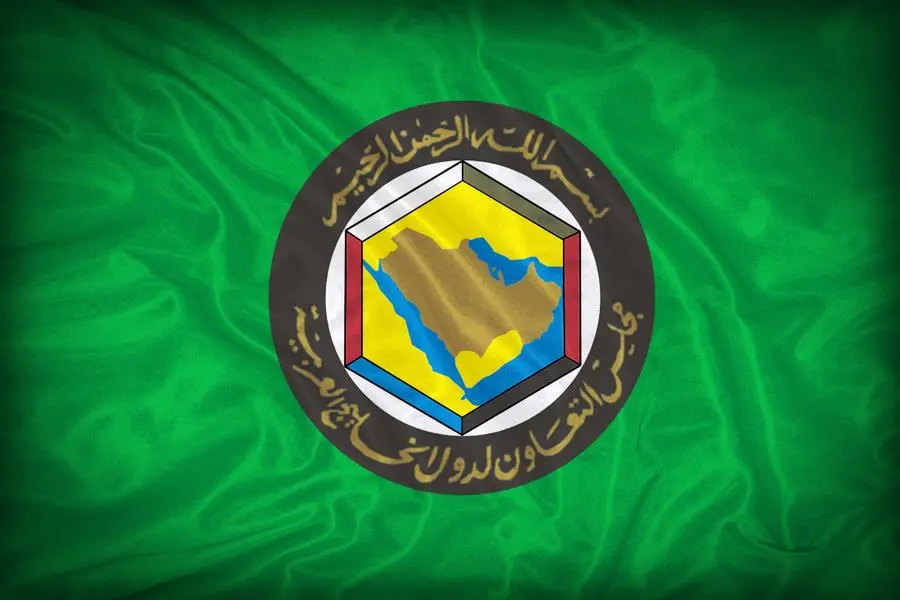PHOTO
Riyadh, Saudi Arabia – The GCC countries are well-positioned to play an important role in advancing the world’s circular economy, owing to their established status as a global hub for plastics production and export, access to world-class infrastructure, and emphasis on research and innovation. However, the development of Public-Private Partnerships (PPPs), alongside government incentives and regulations, will be essential to delivering tangible progress in plastic waste management and circularity.
Speaking at the 14th Gulf Petrochemicals and Chemicals Association (GPCA) Plastics Conference held in Riyadh on April 20–21, industry leaders agreed that innovation and collaboration are vital to achieving economies of scale, driving sustainability, and enabling continued industry growth.
In his welcome remarks on Sunday, Khalfan al-Muhairi, SVP Regional MEAE at Borouge and Vice-Chairman of the GPCA Plastics Committee, said, “As we look towards the future, one thing is abundantly clear: the journey ahead cannot be undertaken alone. It demands a collective, unwavering commitment from all of us – from industry leaders to policymakers, from innovators to our communities and youth. Together, we must align our ambitions, mobilise our resources, and take decisive action to address the challenges and opportunities that lie before us.”
Deena F al-Khayyal, Managing Director at LyondellBasell (LYB), delivered a keynote address on the future of plastics and the impact of key trends and disruptions on the regional industry. Her speech explored the evolving landscape of the plastics sector and how increasing regulatory pressures and changing consumer demands are influencing the industry.
A leadership dialogue at the conference examined the financial dimensions of transitioning to sustainable and circular plastics. The programme continued with sessions focused on investment in plastics ecosystems, transforming plastic waste into high-impact solutions, the future of plastics circularity, and a series of insightful case studies.
Dr Abdulwahab al-Sadoun, Secretary General of GPCA, commented, “Driving meaningful solutions to plastic waste management is no longer a choice; it’s an urgent necessity. A comprehensive approach will require government incentives and regulations that encourage investment while providing clarity and confidence to investors and technology providers. Advanced recycling technologies, such as chemical recycling, are poised to play a vital role in this transition.”
He added, “To unlock new opportunities, scaling up investment in advanced recycling infrastructure is imperative. Key actions include promoting Public-Private Partnerships (PPPs), establishing regional standards, and fostering economies of scale. Supporting innovation and nurturing circular economy start-ups will also be critical to developing smart and sustainable solutions that can transform the future of plastic waste management.”
During the conference, GPCA launched a new report in collaboration with the King Abdullah Petroleum Studies and Research Centre (KAPSARC), titled “Advancing Plastic Waste Recycling in the GCC: Policies, Technologies, and Economic Opportunities.” The report offers a detailed assessment of the state of plastic waste recycling in the GCC and serves as a valuable resource for stakeholders seeking to enhance plastic waste management policies and practices in the region.
© Apex Press and Publishing Provided by SyndiGate Media Inc. (Syndigate.info).





















